Documentary explores dementia using decayed film
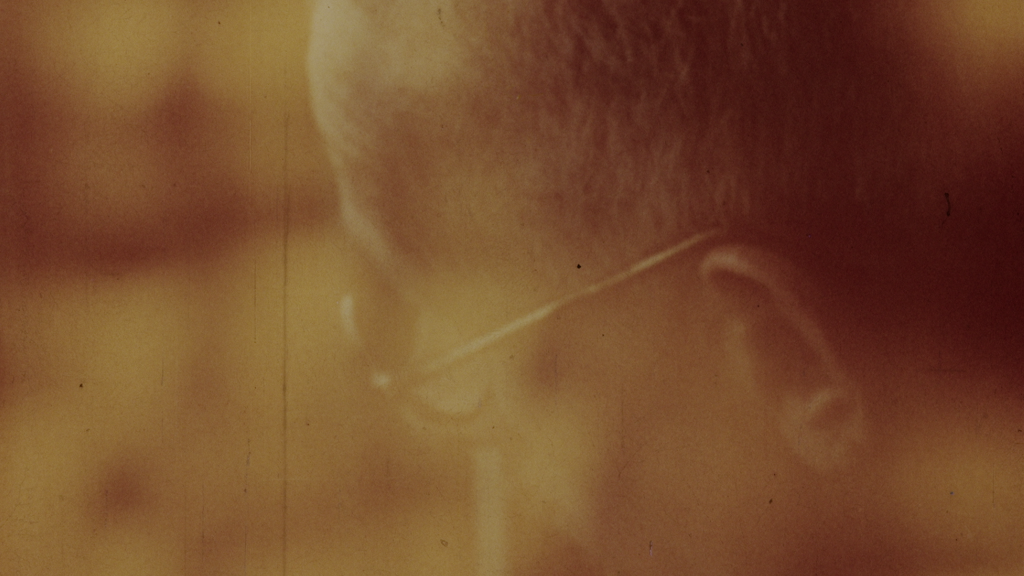
The Memory Boom is a documentary by Dorset-based filmmakers Antosh Wojcik and Xenia Glenn
- Published
The makers of a new documentary have used decayed 16mm film to represent "what dementia might feel like inside the mind".
The Memory Boom is a film by Antosh Wojcik and Xenia Glenn, from Dorset, which explores the impacts of the neurological condition.
"Myself and Xenia have had our elders in our life experience dementia," Mr Wojcik said.
He said he hoped it will bring audiences close to the feeling of "disorientation" that they witnessed their loved ones go through.
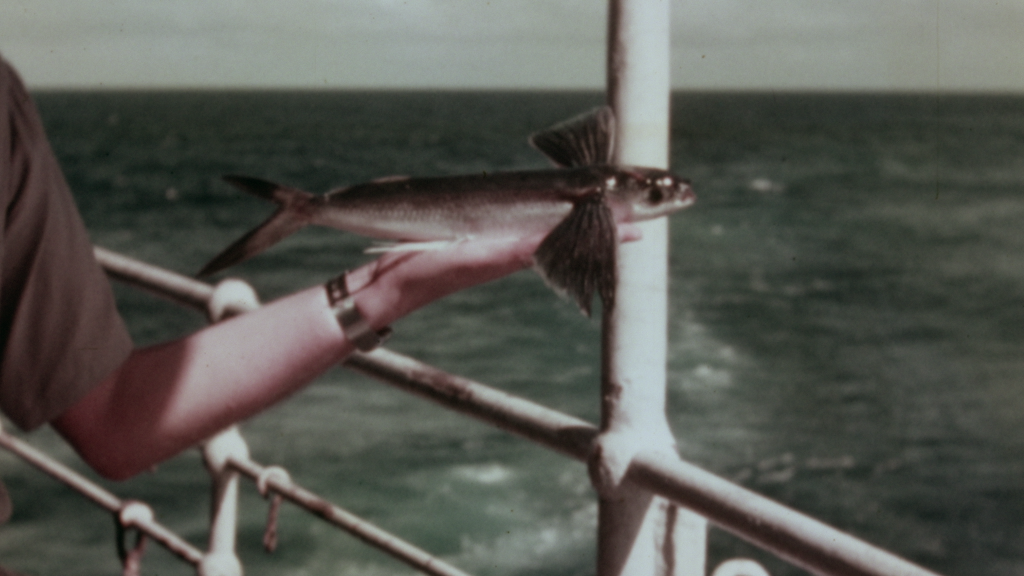
The real-life footage was filmed between 1930s and 1960s
"We might gain a bit of understanding, with such a difficult thing that people in our lives are quite likely to go through," Mr Wojcik said.
The filmmaking pair from Sleepwalker Studios in Wimborne were commissioned to make the piece by a cinema in Exeter that unearthed the archive footage.
The Phoenix cinema found a number of 16mm film reels in its basement and decided to get them digitised, Ms Glenn said.
The film, which showed real-life footage from between the 1930s and 1960s, was decayed and deteriorating.
Among the damaged footage were images of unidentified people going on holiday and travelling around the world.
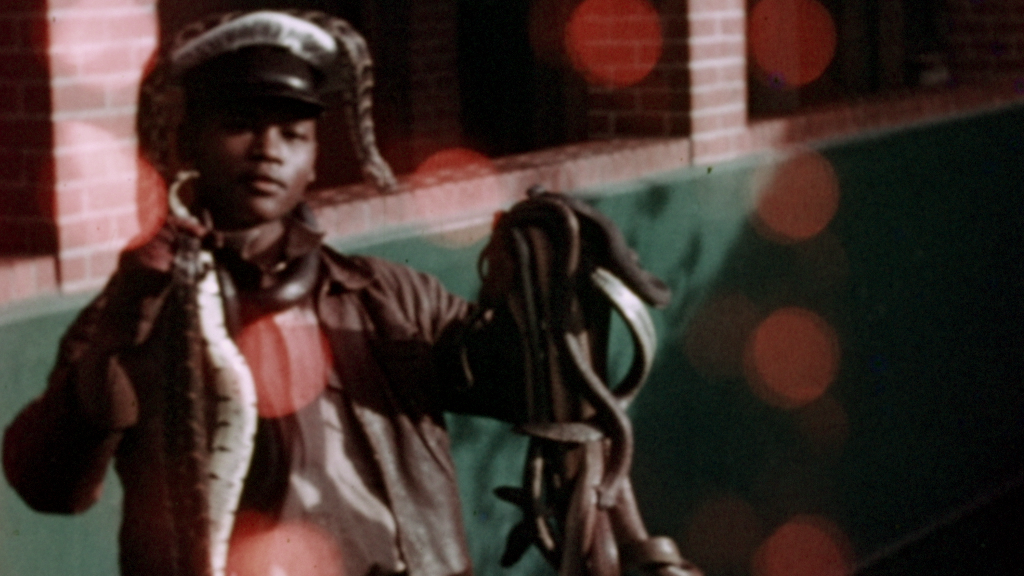
Exeter Phoenix cinema in Devon unearthed the decaying film reels in its basement
"When I watched through the archive footage, it made me think, what do these images look and feel like and what might they remind people of?" Ms Glenn asked.
She said they turned to the local community for inspiration.
"When we showed the archive footage to people around Dorset and Devon it reminded them of their grandparents who lived with dementia and so that was how the initial concept of the film came about," she said.
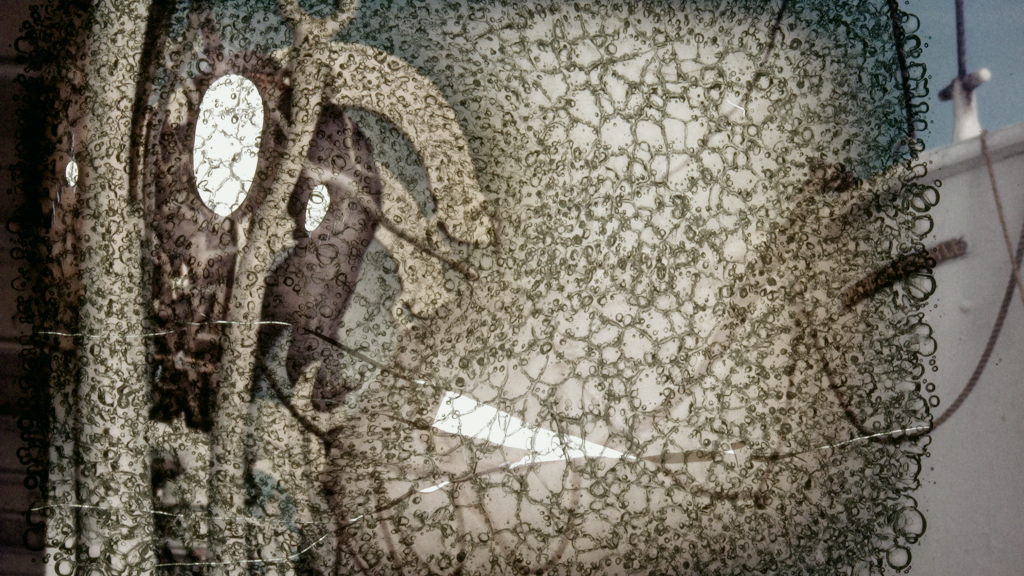
The filmmakers said it was "difficult" but "fun" working with the damaged footage
After this shot of inspiration it took the team just over six weeks to put the production together.
She said it was "difficult" but "fun" working with the damaged footage and trying to piece it together.
They used a voice-over and other creative effects alongside the archive film, in what they hope shows how dementia affects the human brain.
The movie will premiere at Tallinn Black Nights Film Festival on 22 November before it is shown at the Phoenix Cinema in Exeter followed by other local cinemas in Devon and Dorset.
Get in touch
Do you have a story BBC Dorset should cover?
You can follow BBC Dorset on Facebook, external, X (Twitter), external, or Instagram, external.
More on Dementia
- Published12 January 2023
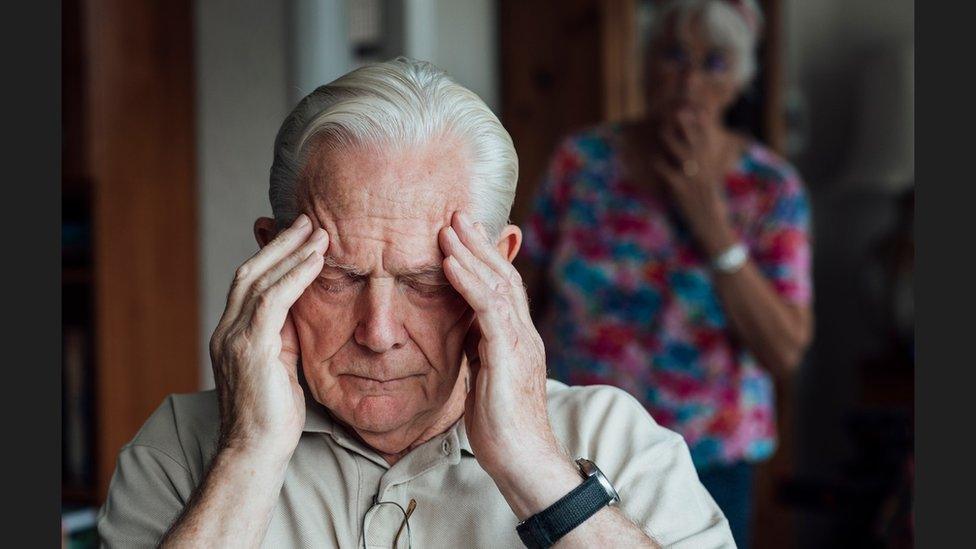
- Published28 July 2024
